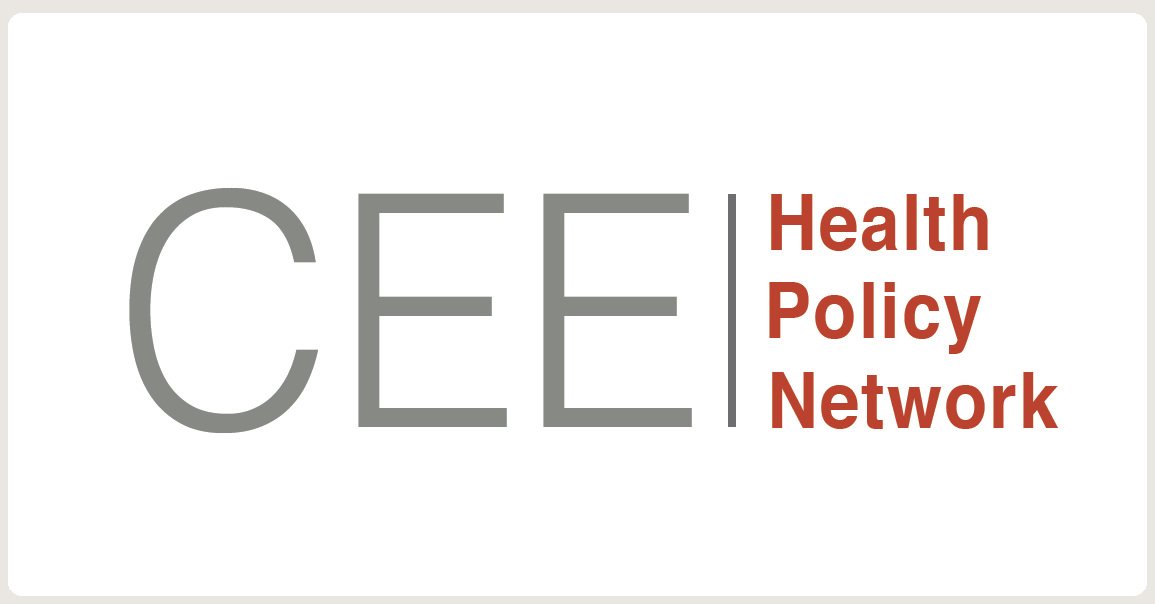COVID-19 VACCINATION STATEMENT
The public authorities in some CEE countries are considering mandating vaccination requirements for COVID-19. CEE health policy network is now issuing its statement on this matter that is evidence-based and apolitical.
Mandatory vaccination is a health policy that should not be taken lightly. It requires thorough debate supported by the evidence based medical research, high knowledge of the national health care system as well as legal, constitutional, and ethical dimensions. Furthermore, consideration of other alternative approaches (not necessarily health policies) such as imposing further restrictions related to social distancing, campaigns dispelling the myths surrounding vaccination or removing the practical barriers to immunisation should shed light on effectiveness and appropriateness of this policy. Finally, this policy has many expected and possible unexpected consequences that decision makers have to identify and evaluate.
To add to this debate, we have summarized some important points from our field of expertise.
Availability of vaccination: safe and effective vaccines against COVID-19 are available within the 27-nation bloc EU due to common EU approach.
Vaccination uptake: CEE region has significantly lower vaccination uptake (%) than Western or Northern European countries.
Death rate in CEE region: Countries with lower vaccination uptake suffer from higher mortality rate by COVID-19.
Population density and the basic reproductive number. The basic reproductive number (R0) is associated with population density, population density continues to have an important impact on disease transmission regardless of transportation accessibility and median income.
Willingness of elder people to get vaccinated against Covid-19: vaccination readiness in Eastern European and Baltic countries is significantly lower than in the other European countries and Israel. The economic situation is the strongest predictor.
Classic barriers to vaccination: A) doubts regarding the safety of vaccines against COVID-19, B) limited access to vaccines C) misleading perception that COVID-19 is not serious threat to one’s personal health.
Weaknesses/Limitations of health care system: inpatient care - limited number of patients that can be treated in intensive care units (number of ventilators and trained doctors) and limited number of medical professionals in general, weak integration of health care (GP-outpatient specialists-hospitals).
Strengths of health care system: ability of medical professionals to be flexible, act quickly on the latest development, endure long hours, provide excellent care despite limited sources.
Socialized health care system in CEE countries: is not demand driven as in the US, and thus its ability to adjust/expand capacities to meet demand is more limited. Hospitals often have to await additional approvals/financial resources from the state.
Ethical dimension: government should be able to mandate anything upon its people unless the absence of such mandate has a direct and negative impact on others.
Different strategies in EU countries: countries in Europe are adopting different strategies in regard to mandatory vaccination. We have identified 3 different groups: 1) Austria (with mandatory vaccination for general population)
2) Italy or France (mandatory vaccination for some professions)
3) Slovenia or the Czech Republic (no mandatory vaccination foreseen).
Aligned with our core values we call primarily for personal responsibility and fair access believing that each individual has a right for fair access to health care services (vaccinated or not).
CONTACT
-
CEE HPN OFFICE IS SEATED IN BRATISLAVA, SLOVAKIA
Sliačska 3269/1E
831 02, Bratislava-Nové Mesto
Slovak Republic -
Ľubica Löffler
Mail: loeffler@ceehpn.eu
Cell phone: +43-699-107-83-717
